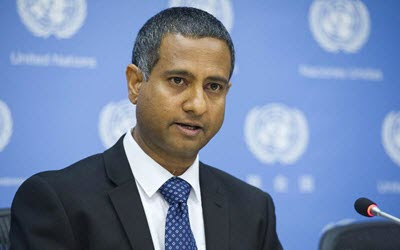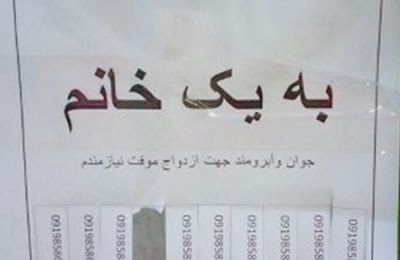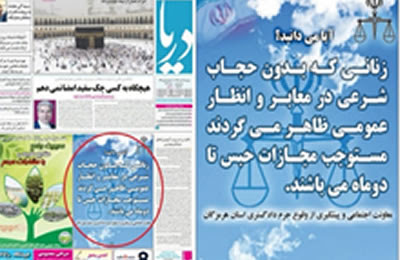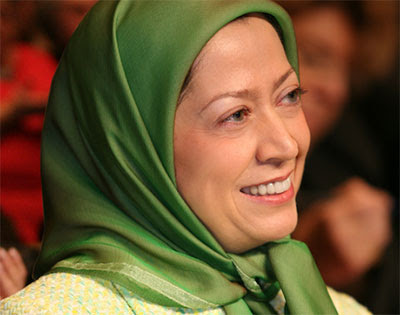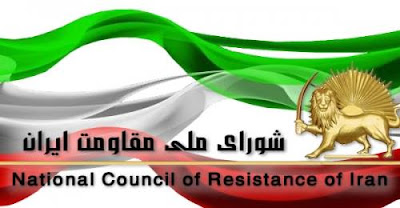 |
Secretariat of the
National Council of Resistance of Iran
|
Nuri
Industries and Movahed Industries are major centers in building
nuclear-warhead-capable missiles
The
Iranian regime’s supreme leader Ali Khamenei whose position has been severely
damaged by the nuclear deal and last month’s sham elections desperately tries
to prop up his lost status through missile muscle-flexing. Speaking on this
matter he said today: “Today is the time for both missile and diplomacy”. The
missiles Khamenei is talking about are the nuclear-warhead-capable missiles
that were tested last month.
Drawing
on this muscle-flexing, Khamenei attacked his rivals in an unprecedented
fashion: “Those who say the future is in negotiations, not in missiles, are
either ignorant or traitors”.
These
remarks demonstrate that Khamenei is mustering all his power to continue with
the nuclear and missile projects in breach of UN Security Council resolution
and that diplomacy and talks are merely a cover to advance these projects. He
is also attempting to cloak the regime’s internal crises while getting the
upper hand in the infighting within the regime.
This
is despite the fact that Rouhani is completely in line with Khamenei in these
anti-Iranian projects. Seventy days prior to the recent missile test on
December 31, 2015, Rouhani wrote in a directive to the defense minister: “The
program to produce all types of missiles needed by the armed forces should
continue with seriousness and speed.” He went on to add that the regime has
never “negotiated on its missile program with anyone and shall not accept any
restrictions in this realm”. He has also stated that in the two years of his
presidency, the regime’s weaponry has grown by 80% with respect to a decade
ago. This means that on average, without taking into account inflation,
expenditures on weaponry have grown fivefold.





